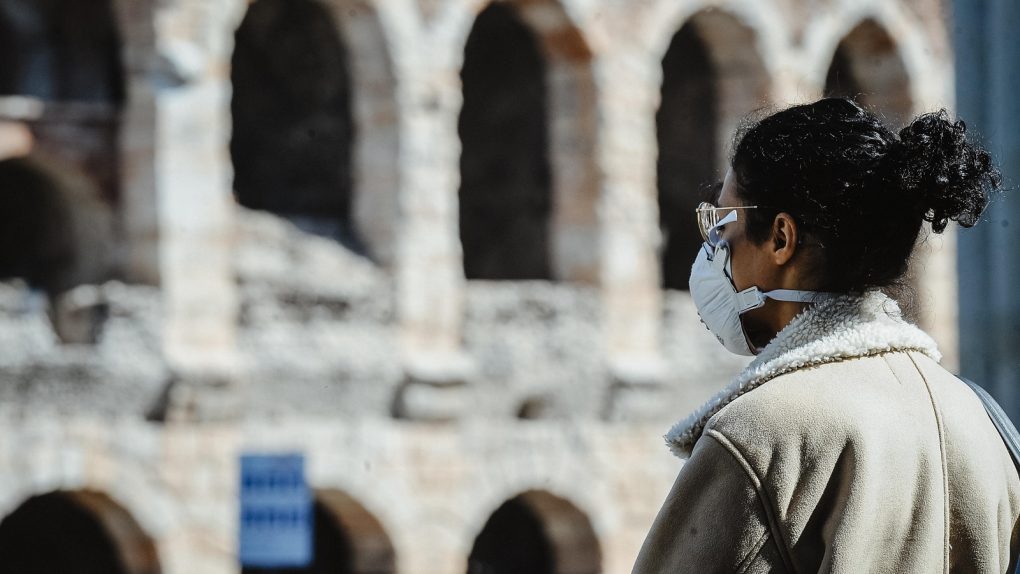- Drugs and vaccines for COVID-19, the disease caused by the new coronavirus, are currently being tested and developed.
- While some of the drugs being tested already exist on the market, they need to be put through their paces before they can be used widely to treat COVID-19.
- A true coronavirus vaccine is almost certainly at least 18 months away from being made available.
- Visit BGR’s homepage for more stories.
For the United States, the question is no longer whether or not it will take months for city- and state-wide shutdowns to end and our lives to go back to normal, but rather how many months it will take. Until we’re able to flatten the curve and ensure that our hospitals won’t be overwhelmed by an influx of sick patients who have been infected by the novel coronavirus, social distancing, shelter-in-place orders, and bans on large gatherings will be the norm. The only hope we have for expediting that process is the discovery of a drug that can treat COVID-19.
As it stands, there are no drugs or vaccines that have been approved to treat the disease caused by the SARS-CoV-2 virus, no matter what the president claims. That said, treatments and medications are being tested and developed as I type this, and Matthew Harper of Stat News has offered up his forecast for when they might be ready.
Before we get to the forecasts, I should reiterate a few important points that Harper made in his piece. First, data from a comprehensive Biotechnology Innovation Organization paper puts the likelihood of approval for an infectious disease treatment starting clinical trials at just 19.1%. Furthermore, the timelines he mentions below could change and others could fail altogether. But at least it’s something concrete within this sea of uncertainty.
The first treatments that Harper discusses are existing antiviral medicines, which are available right now, but still need to be tested for efficacy before they can be more widely approved. Hydroxychloroquine and chloroquine is one of the treatments that many have pinned their hopes on. Some doctors are also starting to combine hydroxychloroquine with an antibiotic called azithromycin. Unfortunately, evidence of efficacy for these treatments is still too limited, and larger clinical trials will take time to complete. Doctors will continue to use these existing medicines to treat sick patients, but it could be a month or more before we know if they really work.
Remdesivir is another existing drug that is being tested, as its maker Gilead is working with many researchers and governments on clinical trials. The first large study in China is scheduled to finish by April 3rd, at which point we will have some data to work with. Doctors are also experimenting with plasma transfers from those who have recovered to those who are still sick in order to boost their immune system with antibodies. Although this treatment is currently being used, a more refined product could take 9-18 months to produce.
As for new treatments, Regeneron Pharmaceuticals managed to develop artificial antibodies that proved effective against Ebola, and now wants to do the same for the novel coronavirus. Trials could start as soon as this summer, and the treatment could be available as early as this fall for extremely sick patients.
Finally, when it comes to a vaccine, the realistic best-case scenario is that something is ready before the end of next year. Several groups are working on vaccines, which increase the chances that a usable product is available by fall of 2021, but, as Rajeev Venkayya of Japanese pharmaceutical company Takeda said last week: “Just because we start a vaccine program doesn’t mean that we will definitely get a vaccine on the other end.” The silver lining is that there might be a vaccine available for certain groups, such as healthcare workers, this fall.
I highly recommend reading Harper’s entire piece on Stat News, as well as this thorough breakdown of all the drugs and vaccines currently in development to fight COVID-19 that the site published last week.








